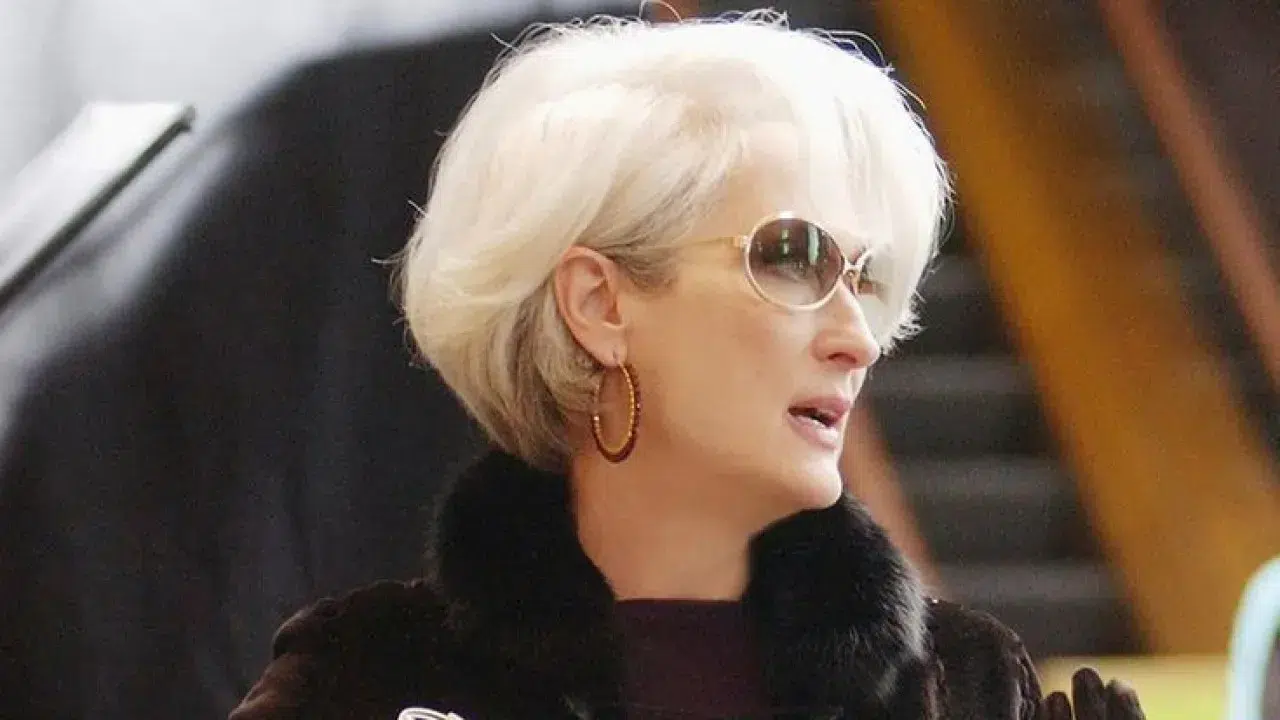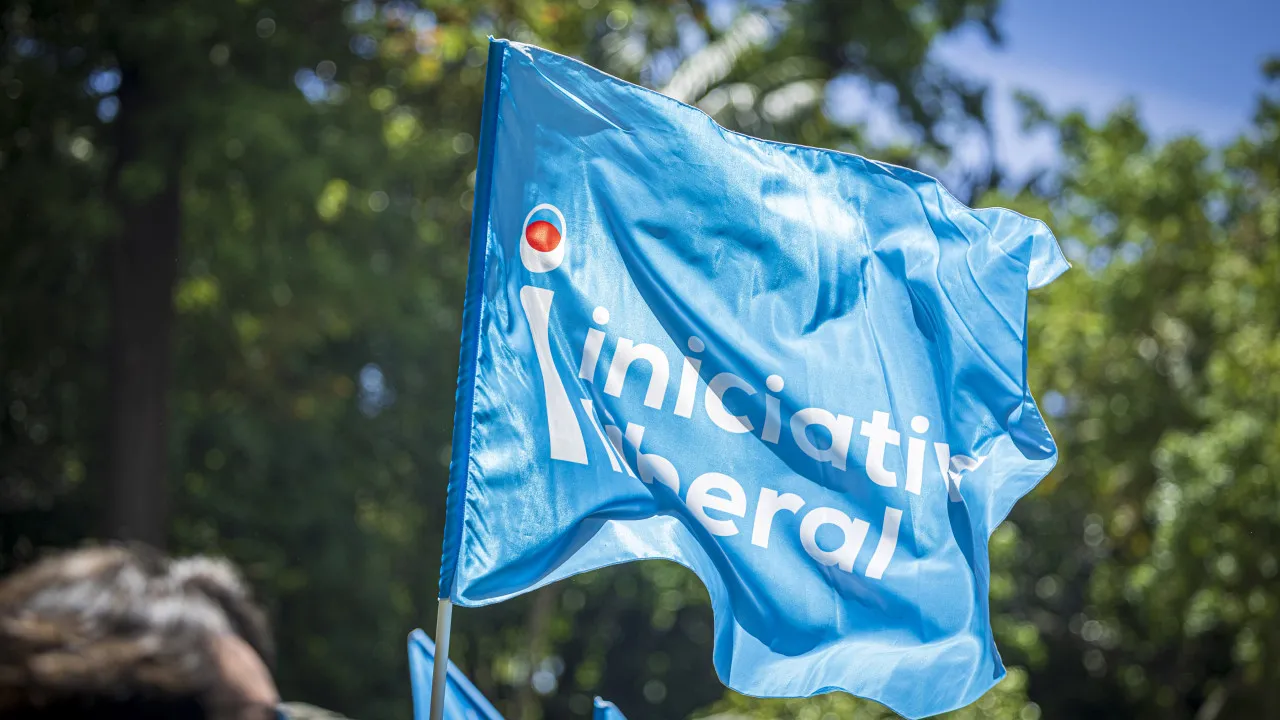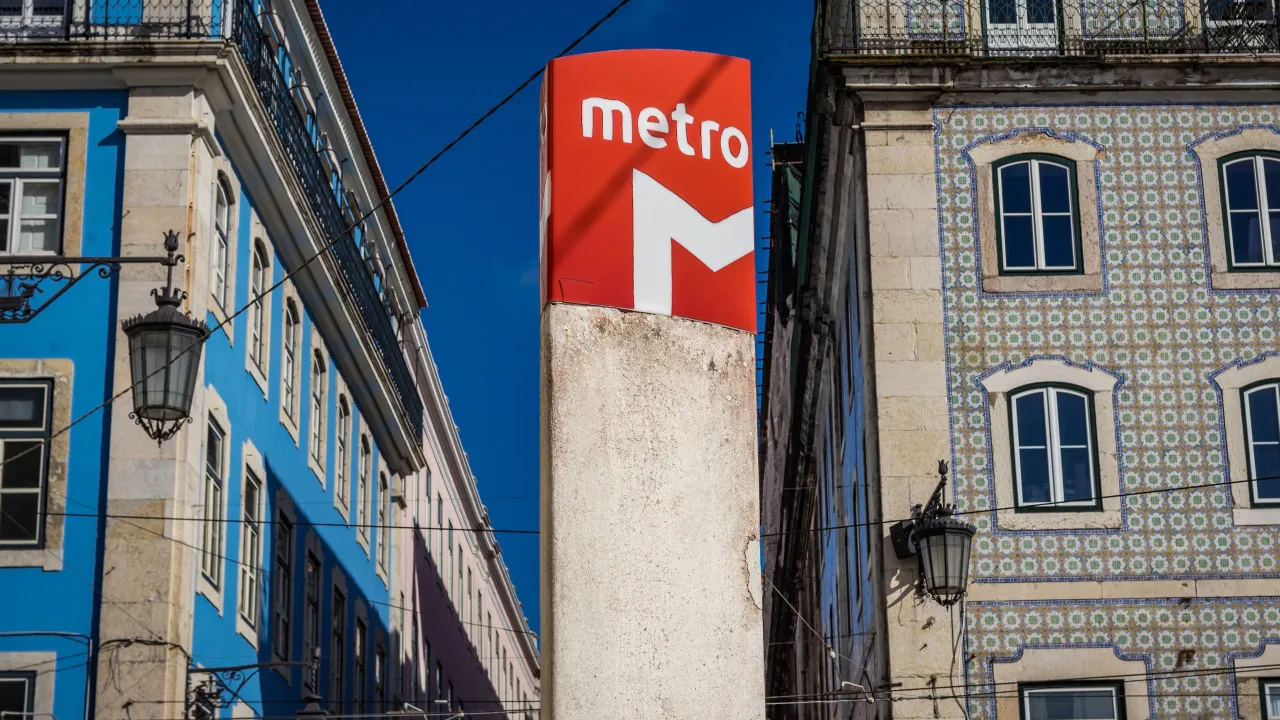In October the European Union agreed to work to reduce electricity consumption by 10% this winter. But in the period from November to January the reduction achieved in Portugal was only 0.5%.
Portugal’s figures for electricity consumption are far from the demand reduction targets that European Union (EU) member states agreed to in the October regulation that listed a set of initiatives to address high energy prices.
Portugal’s figures for electricity consumption are far from the demand reduction targets that European Union (EU) member states agreed to in the October regulation that listed a set of initiatives to address high energy prices.
The latest evaluation report from the Directorate-General for Energy and Geology (DGEG) indicates that from November to January Portugal consumed 69 gigawatt hours (GWh) less than in the reference period (the average of the previous five years), i.e., a reduction of only 0.51%.
Now, the regulation published in October stipulated that European countries would seek to “implement measures aimed at reducing their total monthly gross electricity consumption by 10% compared to the average gross electricity consumption in the corresponding months of the reference period. This period covers the months of November through March.
Another goal of this regulation was to reduce electricity consumption by 5% during peak periods (the hours of greatest demand during the day). Here, too, Portugal falls short of its commitment.
According to the DGEG, the reduction in electricity consumption during peak hours in Portugal (the period from 6 PM to 9:30 PM was defined) was 4.37%.
In its report , DGEG also informs the European Commission about the initiative that Portugal has taken to limit the gains of electricity producers.
It should be recalled that the member states had agreed on capping revenues from electricity production at 180 euros per megawatt hour (MWh), at a time when Portugal and Spain already had in place the Iberian mechanism to limit the impact of natural gas prices on the wholesale electricity market.
From June to the end of December, the Iberian mechanism provided Portugal with net benefits of 489.4 million Euros (a figure that had already been mentioned in January by the Minister of the Environment, Duarte Cordeiro), which was above the government’s expectation that the mechanism would generate benefits of 422.9 million Euros over the same period.
The report presented by DGEG also reported that awareness campaigns about the need to reduce electricity consumption have been developed so far, and have reached about 29 thousand people.
Despite falling short of targets in reducing electricity consumption, Portugal is above the goals when it comes to natural gas demand.
For gas, the country had committed to a 7% reduction from the reference period (benefiting from special conditions compared to the general EU commitment of a 15% cut).
The data from Adene – Energy Agency – indicate that between August and November 2022 the country accounted for a reduction of 11.5% compared to the average for the same period in the last five years.








